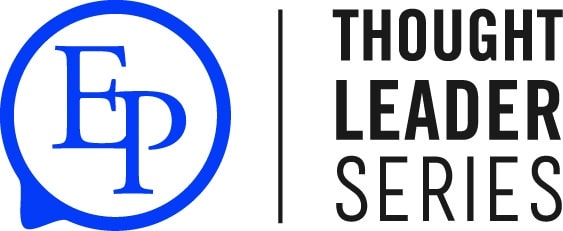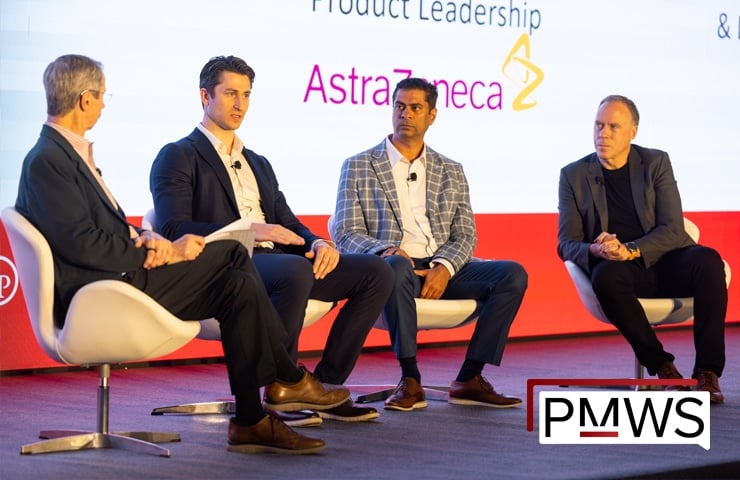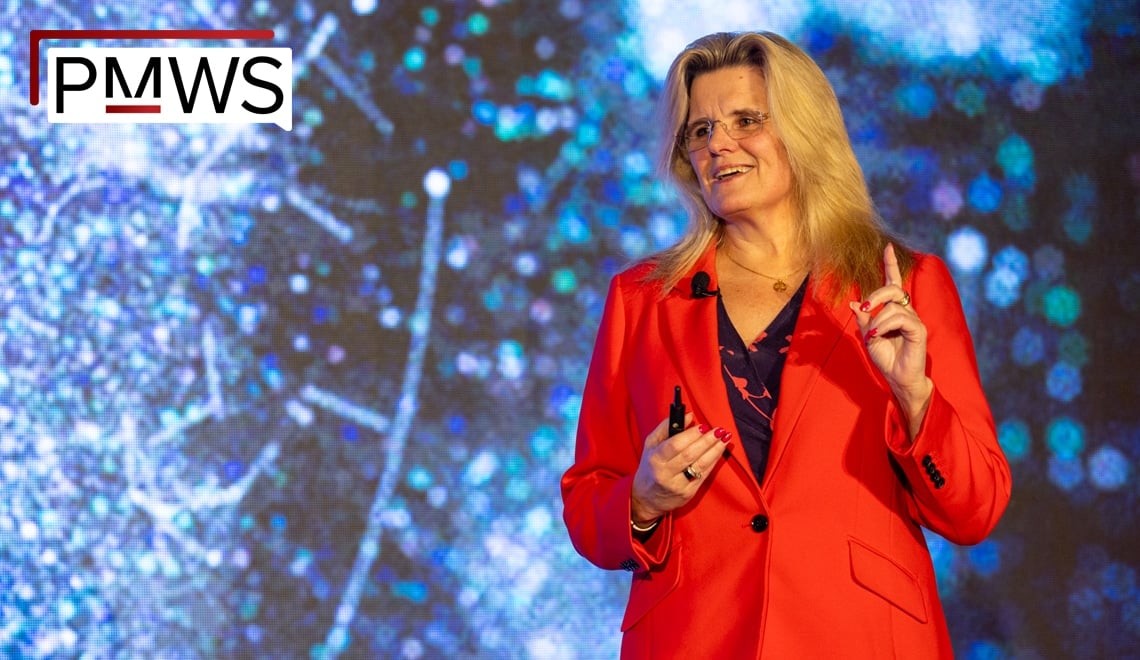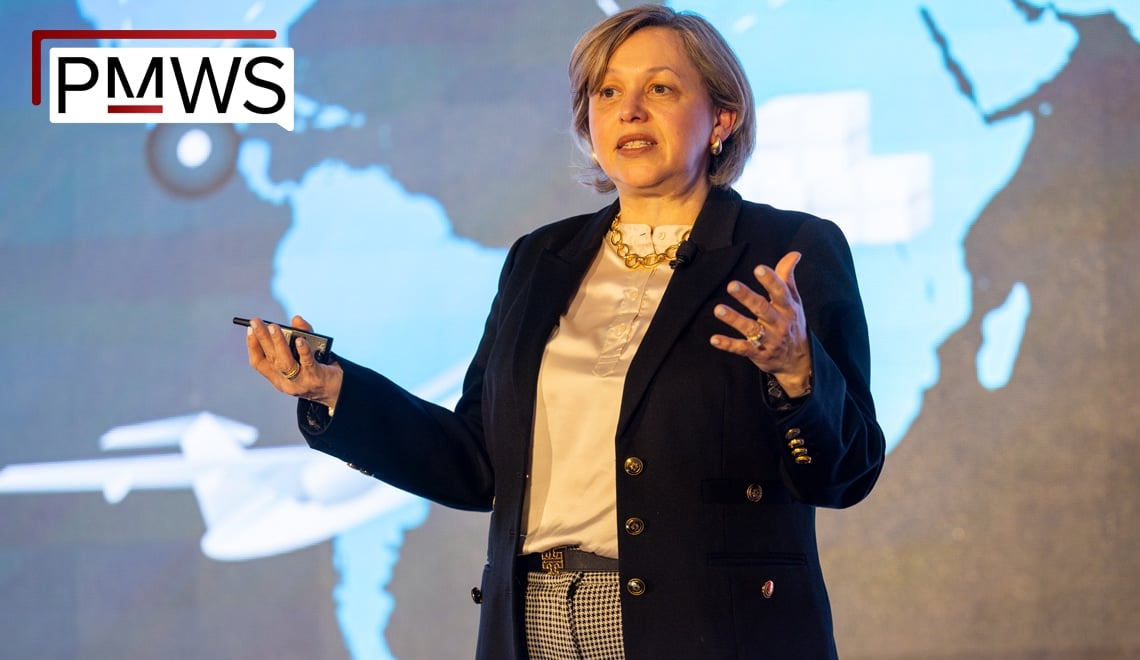- Evaluating which production platforms will be most effective for emerging modalities, such as rAAV gene therapies
- Considering the next steps for established platforms like mAbs, ADCs, and mRNA: How can we efficiently address significant markets, such as treatments for Alzheimer’s
- Examining the changes within the CMC ecosystem and assessing whether we are once again overextending our capacity
- Addressing the risks of fragmentation: How can we improve communication, collaboration, and the consolidation of our best ideas to ensure collective success?
- Discussing the motivations for launching new companies today and envisioning the future growth and evolution of our business ecosystem
Moderator:
Charles L. Cooney
Robert T. Haslam Professor of Chemical Engineering, Emeritus, and Faculty Director, Emeritus Deshpande Center for Technological Innovation
MIT
Charles L. Cooney is the Robert T. Haslam (1911) Professor of Chemical and Biochemical Engineering, Emeritus in the Department of Chemical Engineering at MIT and founding Faculty Director, Emeritus of the Deshpande Center for Technological Innovation. He has been involved as founder, advisor or board member of over 25 companies and currently sits on the Boards of Directors of Codiak Bioscience, Innovent Biologics (1801.HK), Levitronix Technologies, and is chairman of GreenLight Bioscience and Mitra RxDx. In addition, he is Trustee Emeritus of Boston Ballet, Advisor Emeritus of the Boston Symphony Orchestra and Trustee of the Leventhal Map Center. Other interests include: high altitude mountaineering (assents of Denali, Ama Dablam, Mont Blanc, Kilimanjaro, Huascaran). and antique map collecting.
Panelists:
Vinod Bulusu
Executive Director, Biologics Product Leadership
AstraZeneca
Vinod Bulusu leads Products team in Global Technical Operations (GTO) and provides CMC leadership in Operations for Biologics modalities at AstraZeneca. Vinod, has about 20 years’ experience in commercializing biologics. Prior to AstraZeneca, Vinod worked at PwC as a management consultant and at Amgen led late stage process development and technology transfers. Vinod has a Masters in Chemical Engineering and an MBA.
Steven Wesel
Director Upstream Process Development
Forge Biologics
Steven Wesel serves as director of upstream process development at Forge Biologics and he has been with the company for over 4 years. He oversees the development and tech transfer of upstream gene therapy production processes, including cell banking, seed train, bioreactor scale up, transfection, and harvest of viral vectors. Steven has worked in upstream process development in biotechnology for the last thirteen years and in gene therapies for the last seven years. His experience prior to Forge includes leading upstream process development at Abeona Therapeutics, monoclonal antibody upstream process development at Gilead Sciences, and vaccine upstream process development at Merck. Steven’s expertise ranges from clonal selection to preclinical development through clinical manufacturing. He has worked with many scales, ranging from high throughput small scale Ambr15 (15 mL) bioreactors up to manufacturing scale 2000 L productions. He has a Master’s degree from Lehigh University and Bachelor’s from MIT in Chemical and Biological engineering. He also has an MBA from the University of North Dakota.
Jack Prior
Head of Process Monitoring & Data Science/AI Strategy
Sanofi
Dr. Jack Prior leads MSAT Process Monitoring & Data Science/AI Strategy at Sanofi, where he spearheads global initiatives in process monitoring and AI-driven yield improvement for biologics manufacturing. Previously as Head of MSAT Digital, he led teams working to develop global process data analytics systems and to digitize laboratory operations for Industrial Affairs Specialty Care drug substance and drug product manufacturing.
His leadership spans nearly three decades at Sanofi-Genzyme, where he has led manufacturing science organizations supporting process characterization, modeling, technology transfer, and manufacturing operations for critical therapies treating rare genetic disorders. Throughout his career, he has focused on integrating process modeling and advanced analytics with manufacturing science to enhance biologics production across US and European operations. He has led manufacturing science teams supporting multiple tech transfers across the Sanofi network, including the team supporting transfer to a new continuous single-use digital facility, while advancing approaches to process modeling and scale-up.
Dr. Prior holds a Doctor of Science in Chemical Engineering from MIT, where his research in data reconciliation for bioprocess development laid the foundation for his work in process monitoring and control. His current work continues to advance manufacturing science through the integration of digital technologies, process modeling, and AI in biologics manufacturing.

















